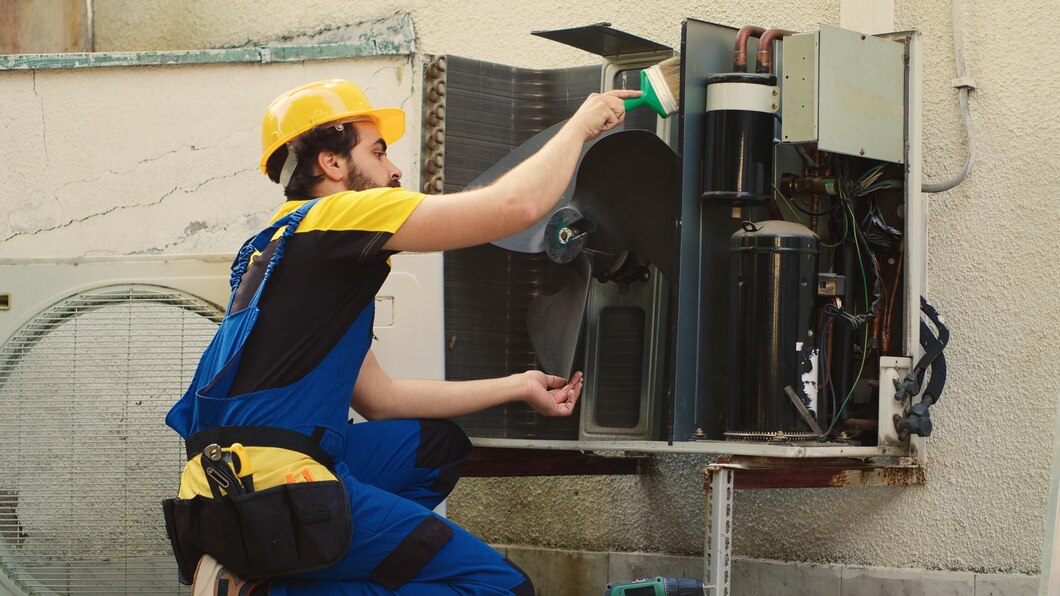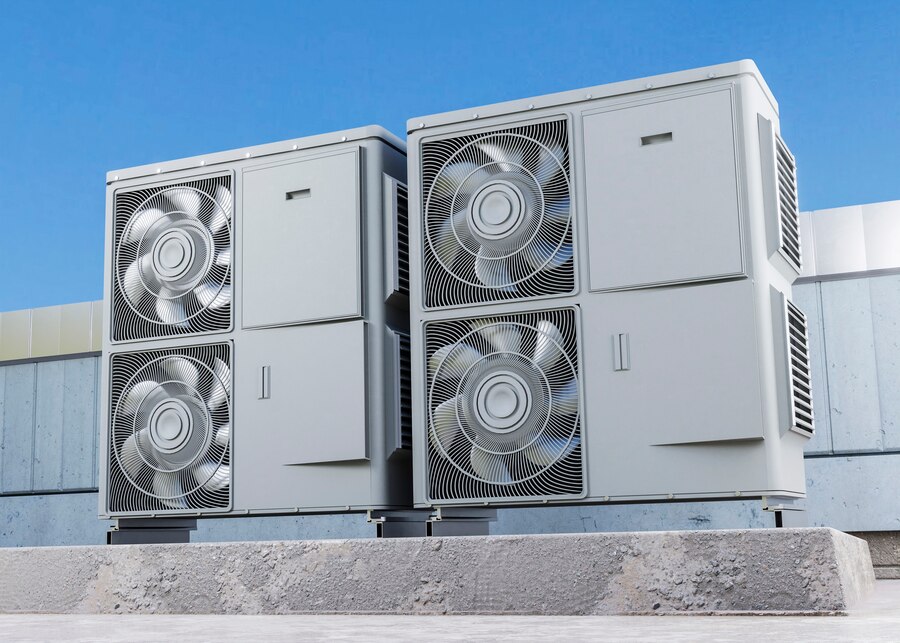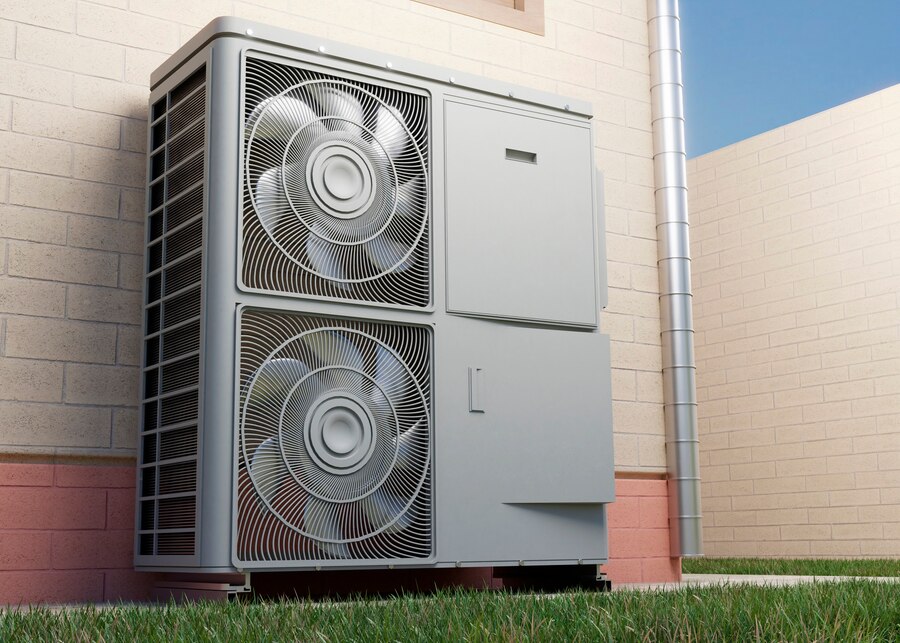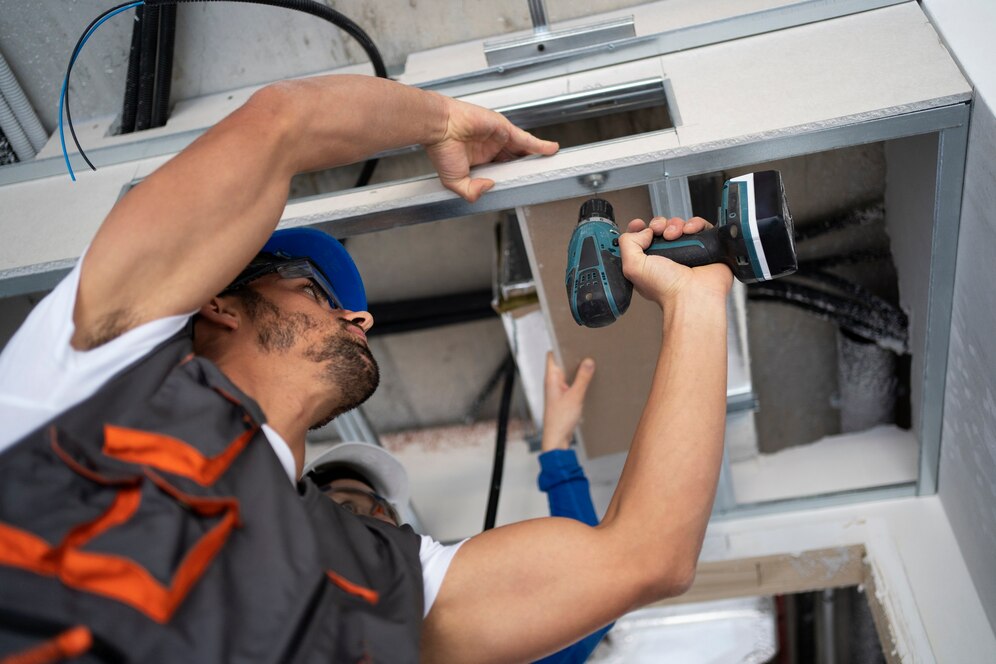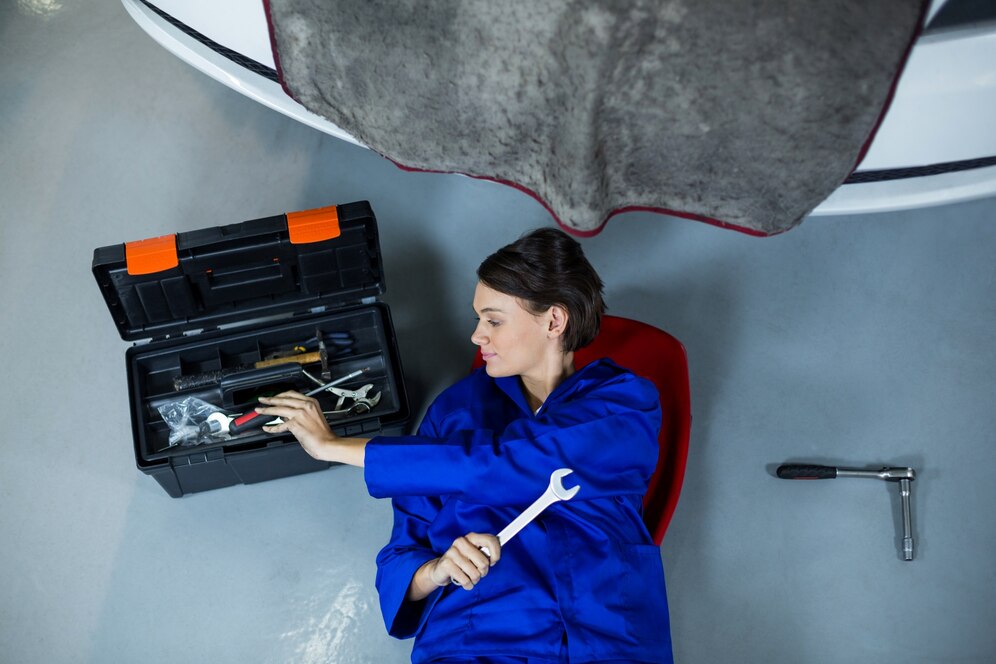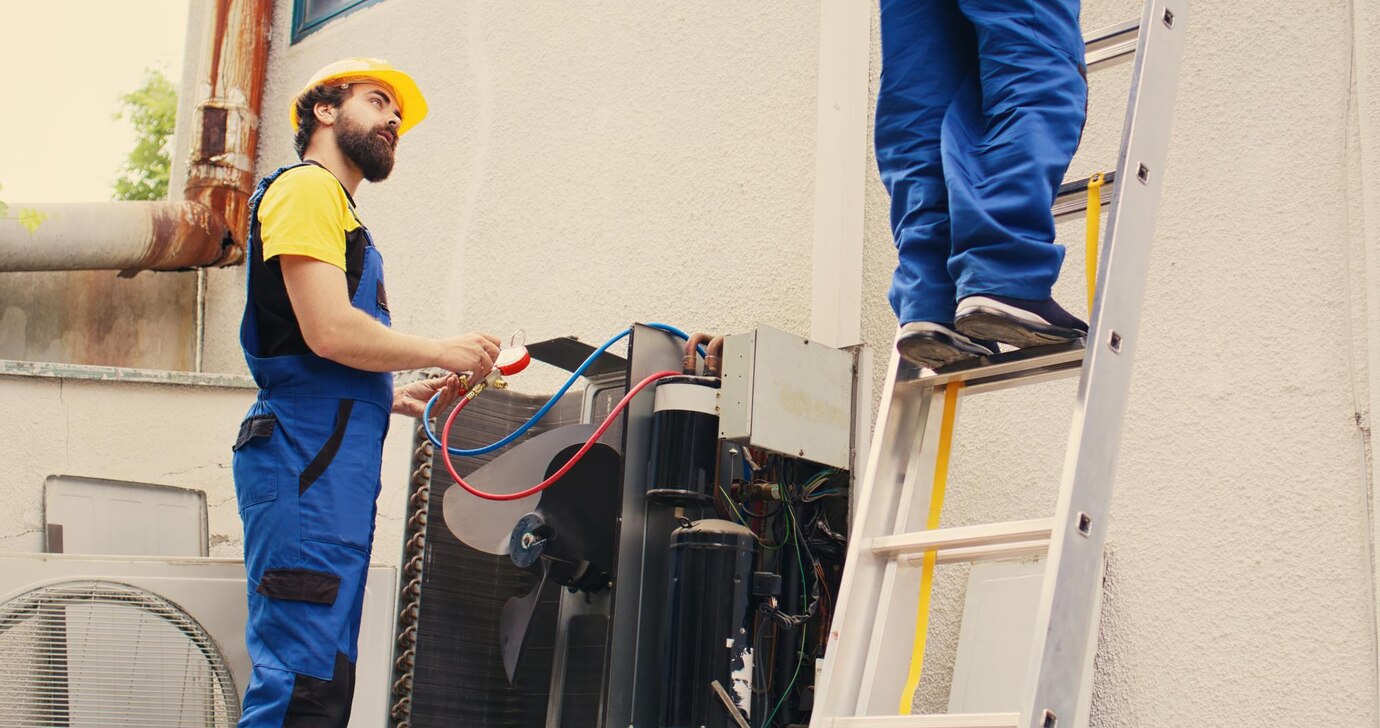
aircon overhaul specialist Singapore
American Standard Heating & Air Conditioning
Aircon overhaul specialist Singapore - American Standard Heating & Air Conditioning
- Aire Serv
- Lennox International Inc.
- Meenan
Another significant advantage of regular aircon servicing is the extended lifespan of the unit. By addressing minor issues before they become major problems, you can ensure that your air conditioning unit lasts longer. This not only saves money on repairs but also delays the need for a costly replacement.
In Singapore, several types of aircon servicing services are available. The most common include general servicing, chemical cleaning, and overhaul services.
